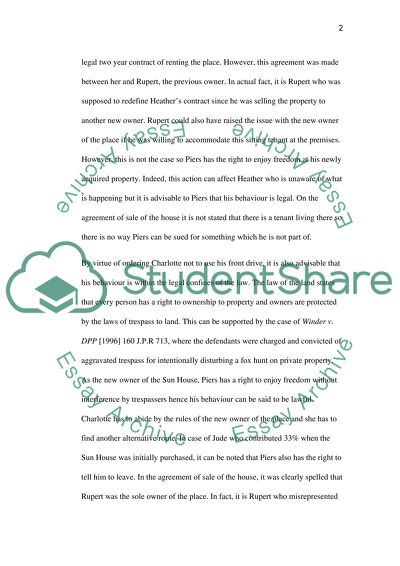Cite this document
(“Land Law Essay Example | Topics and Well Written Essays - 2000 words”, n.d.)
Retrieved from https://studentshare.org/other/1399055-land-law
Retrieved from https://studentshare.org/other/1399055-land-law
(Land Law Essay Example | Topics and Well Written Essays - 2000 Words)
https://studentshare.org/other/1399055-land-law.
https://studentshare.org/other/1399055-land-law.
“Land Law Essay Example | Topics and Well Written Essays - 2000 Words”, n.d. https://studentshare.org/other/1399055-land-law.


